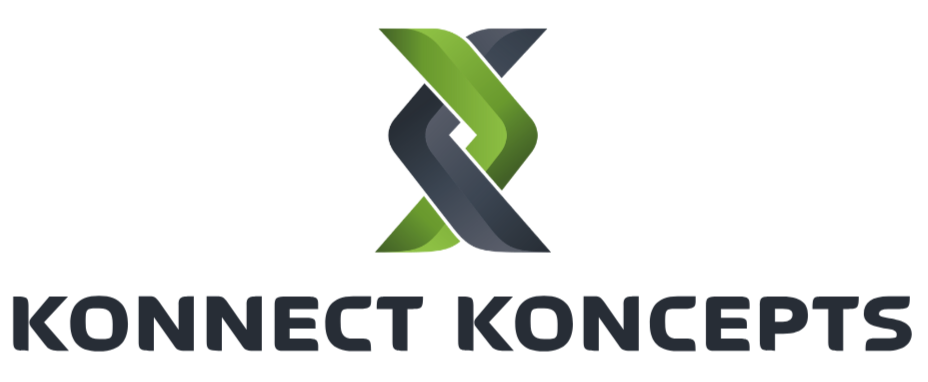8 Common Interview Questions NZ Employers Will Ask in 2025
Getting that interview booked is a big step — but for many Kiwi employers, the hard part starts next: asking the right questions. Great interviews go beyond the CV to reveal how someone will actually perform and fit within your team.
To help, here’s a breakdown of eight tried-and-true interview questions used by New Zealand employers in 2025, along with what to listen for in each response. These will help you dig deeper, keep things legally sound, and find someone who’ll thrive in your workplace.
1. Tell me about yourself
This opener sets the tone for the whole interview. You’re not just hearing a career summary — you’re seeing how they communicate and present themselves.
What to look for: A clear, structured answer following the Present–Past–Future format:
Present: Current role and a key achievement.
Past: Brief background relevant to your position.
Future: Why they’re excited about your company.
A focused two-minute summary shows confidence, organisation, and genuine interest.
2. Why do you want to work for this company?
This question separates those chasing a job from those who genuinely want your job.
What to look for: Evidence they’ve done their homework. Strong candidates will:
Reference something specific about your company (values, initiatives, or projects).
Link that to their own skills or goals.
Show how they see a future with your team.
It’s one of the best ways to gauge alignment with your culture and mission.
3. What are your strengths and weaknesses?
This classic helps you assess self-awareness and honesty — two traits Kiwi employers value highly.
What to look for:
Strengths: Two or three skills backed by brief, relevant examples.
Weaknesses: Something real but non-critical, paired with how they’re improving it.
Avoid candidates giving cliché answers like “I’m a perfectionist.” Genuine reflection shows maturity and growth mindset.
4. Describe a challenging situation and how you handled it
Behavioural questions reveal how someone thinks and acts under pressure.
What to look for: Answers built using the STAR method — Situation, Task, Action, Result. You want clear examples of problem-solving, collaboration, and positive outcomes.
A strong candidate won’t just describe what happened — they’ll explain how they made a difference.
5. Where do you see yourself in five years?
You’re assessing ambition and long-term alignment here.
What to look for:
Focus on mastering the role first, then building new skills.
Connection between their goals and your company’s direction.
Enthusiasm about growing with you, not just moving on.
It’s a good sign if they can visualise contributing to your future plans.
6. Why are you leaving your current role (or why did you leave your last job)?
This helps you understand motivation and professional judgement.
What to look for:
A forward-looking answer focused on growth, not dissatisfaction.
A link between what they want next and what your role offers.
Positivity, even if they’ve faced redundancy or restructuring.
You want to hear about career progress — not complaints.
7. Do you have any questions for us?
This is more than a polite ending — it shows how engaged and prepared a candidate is.
What to look for:
Questions about the role, team, or company goals.
Signs they’ve researched your business.
Curiosity about challenges or success measures.
Good questions suggest they’re thinking ahead and picturing themselves in the role.
8. Tell me about a time you worked in a team
Teamwork — or mahi tahi — is a cornerstone of New Zealand workplaces.
What to look for:
A structured STAR-style example showing communication, collaboration, and adaptability.
Willingness to credit the team, not just themselves.
Strong answers highlight cooperation, problem-solving, and shared success.
Key takeaways for your next interview
To ensure you find the best person for your team, focus on these core principles:
Connect their skills to your needs: Always circle back to the job description and your company's objectives. When they discuss their strengths, for example, evaluate them as direct solutions to the challenges outlined in the role.
Listen for the STAR method: For behavioural questions like "Describe a challenging situation," the Situation, Task, Action, Result framework provides a clear structure. A candidate who uses this method provides concrete evidence of their capabilities.
Assess their preparation: A well-researched answer to "Why do you want to work here?" and insightful questions for you as the interviewer demonstrate genuine interest and initiative, setting them apart from less-prepared candidates.
A great interview is a conversation, not an interrogation. These eight questions help you uncover not just what a candidate can do, but how they think, communicate, and align with your values.
Look for authenticity, preparation, and examples that show initiative. When you ask the right questions - and listen carefully - you’ll spot your next superstar faster.
